Why We Support Farming Falmouth’s Land Acquisition
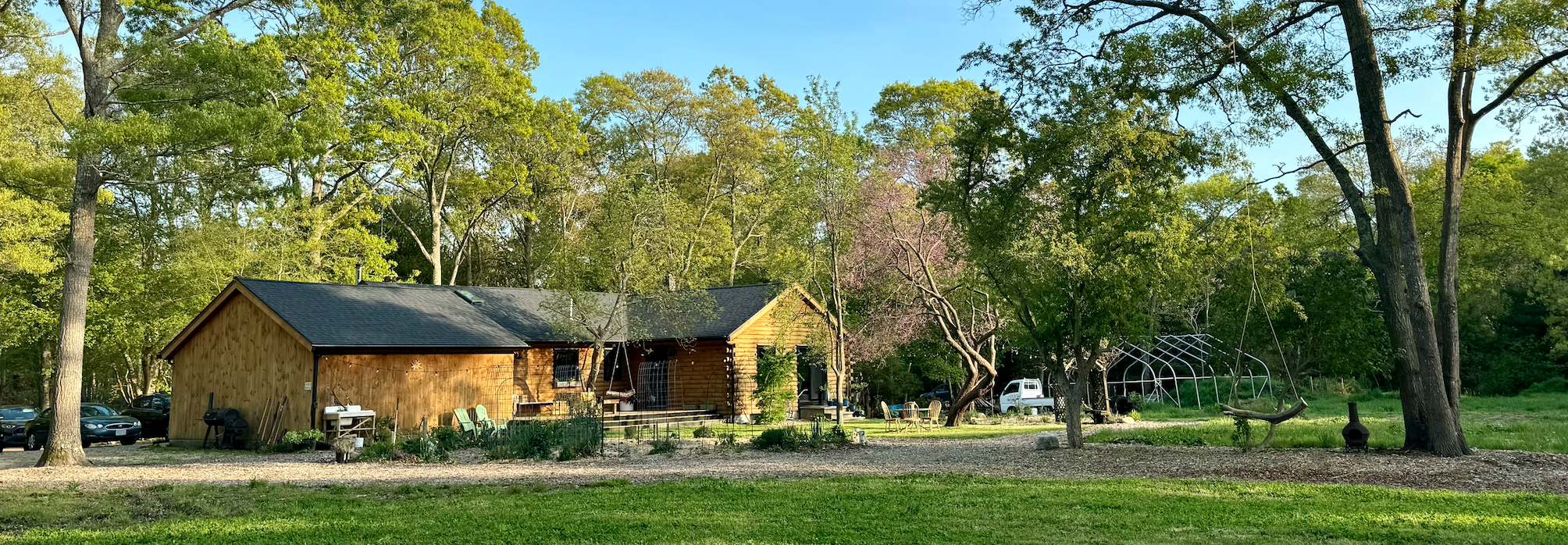
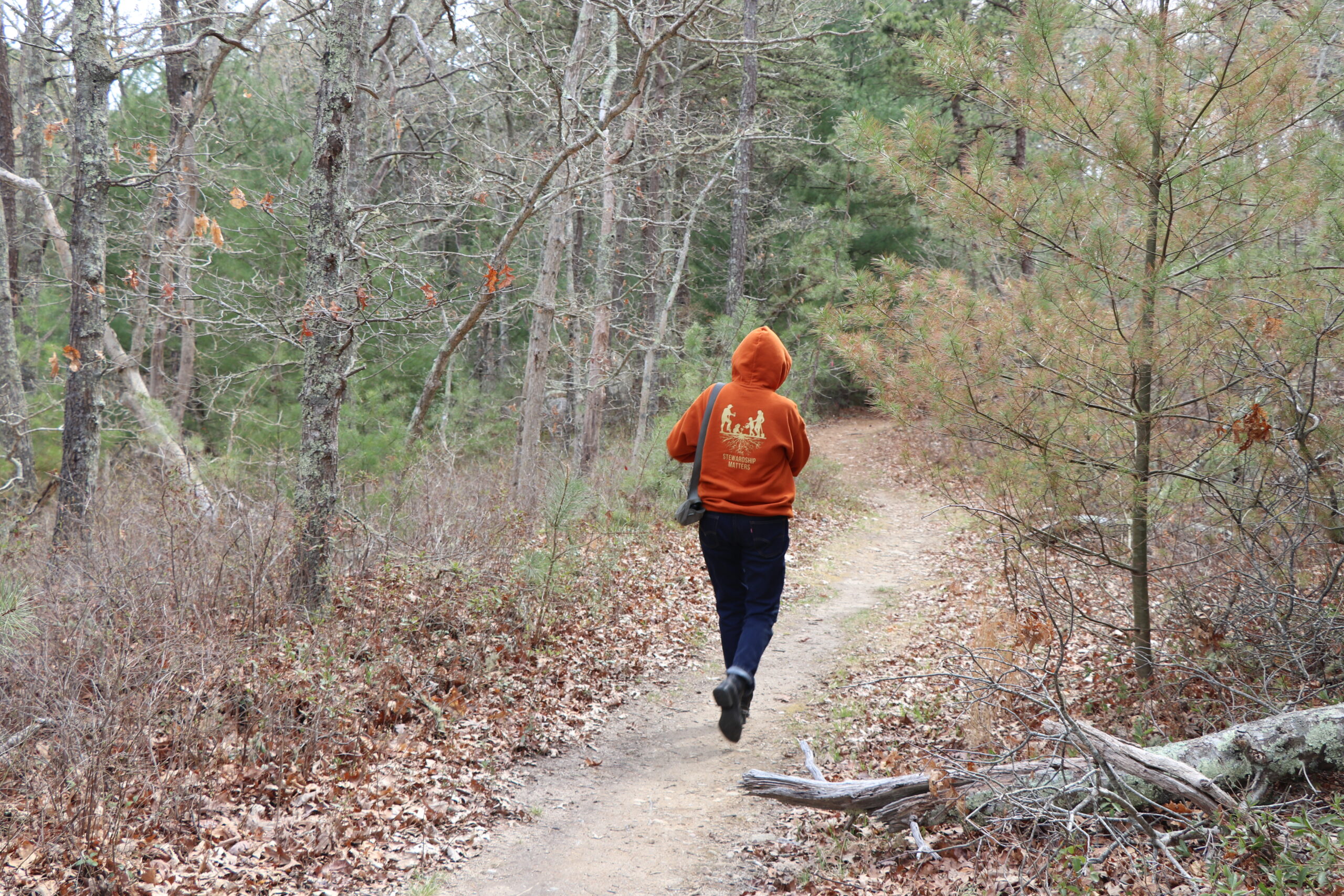
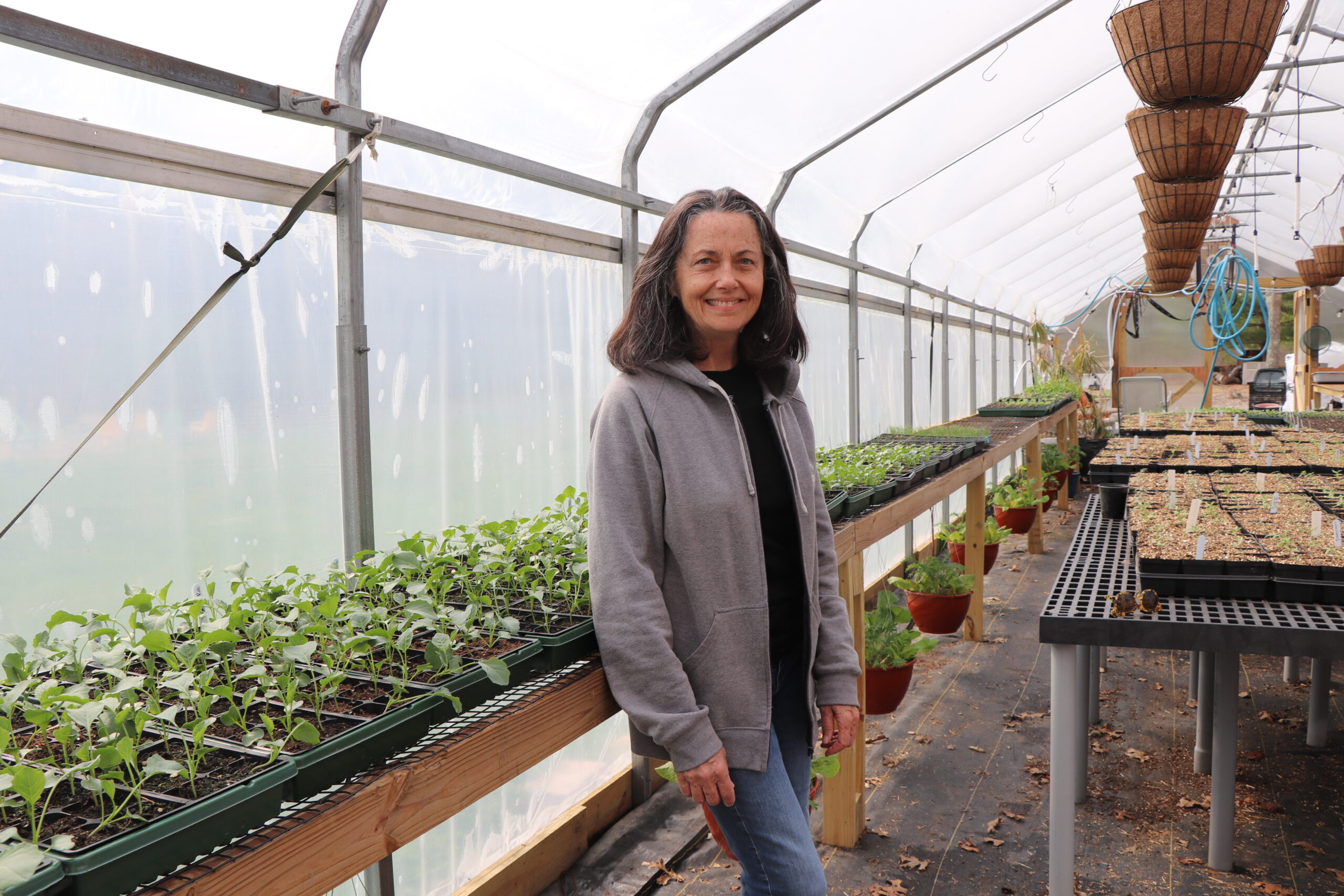
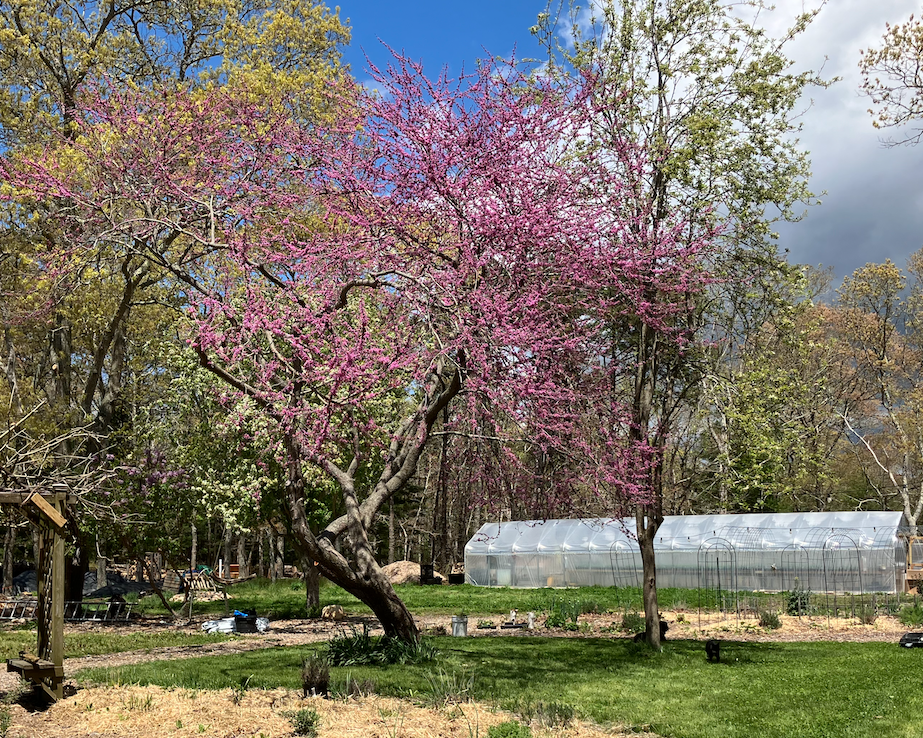
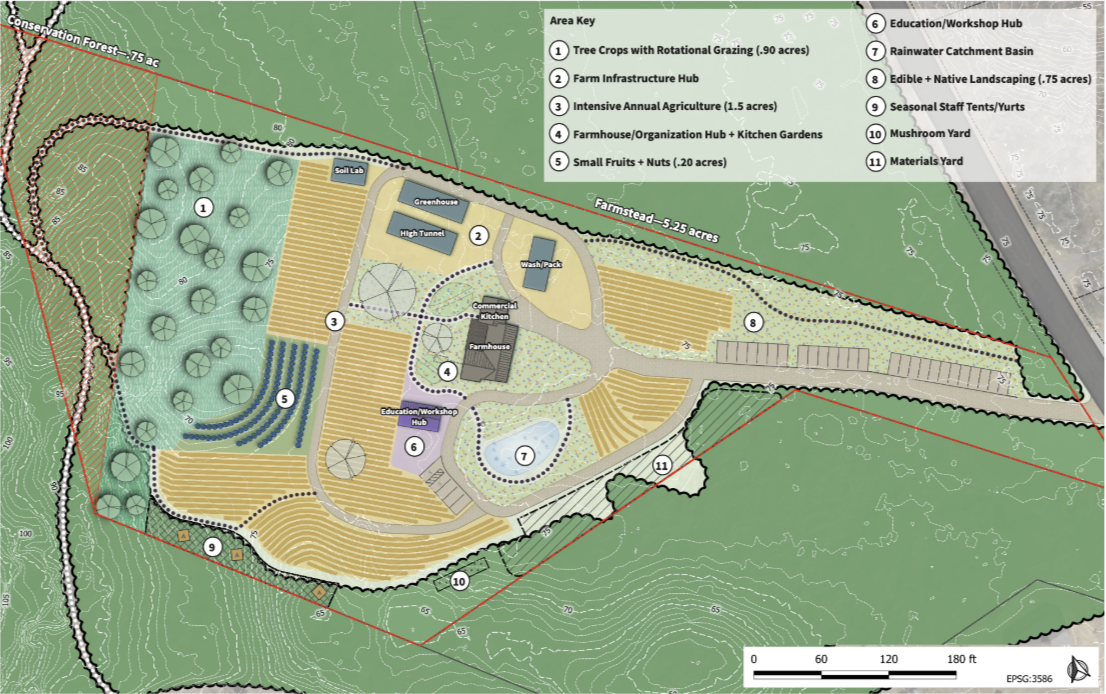
How We Are Supporting The Patch
The 300 Committee has pledged a matching grant of $50,000 towards Farming Falmouth’s purchase of The Patch, a six-acre plot of neglected farmland that is being transformed into a model of sustainable agriculture, including on-site affordable housing for the land’s lead farmer. We hope our financial gift will inspire the community to contribute the matching $50,000. T3C has also agreed to co-hold the conservation restriction with the Falmouth Agricultural Commission to monitor the property and ensure conservation requirements are met.
Farmland Preservation Is Open Space Preservation
When farmers place agricultural conservation restrictions on their property, they forever extinguish the development rights on that land. Permanently protecting farmland means permanently precluding subdivision and the environmental costs of development. Open fields allow rain to seep down, recharging the groundwater, rather than running off driveways and other impervious surfaces.
Enhancing The Land’s Ecological Wellbeing
The principles of regenerative, no-till agriculture that guide Farming Falmouth’s land care ethos include cultivation of rich, healthy soils without the use of synthetic pesticides or fertilizers. Healthy soils increase biodiversity of microscopic life, creating healthier plants, cleaner water cycles, and better habitat for native insects and butterflies. The nutrient-dense vegetables grown at The Patch will be eaten locally, offsetting the carbon emissions associated with shipping food around the globe.
The Scourge of Invasive Plants
When this property was taken off the market by a conservation-minded local food enthusiast in 2022, it was a tangle of invasive plants. The land had previously been cleared for farming, then neglected, on very fertile soil, leading to explosive weed growth: towering pokeweed and nettles, sprawling brambles and cleavers, aggressive monk weed and bittersweet.
Leveraging Strategic Partnerships
The 300 Committee would not have prioritized buying this plot of land ourselves given the enormous cost to eradicate the weeds and rewild the property. However, Farming Falmouth will not only eradicate the weeds, but they will also replace them with vegetables and fruit and nut trees to nourish our community. Last year, Farming Falmouth donated 5,000 pounds of fresh produce from their community gardens to the Falmouth Service Center and the Cape and Islands Veteran Outreach Center. We are delighted to make a modest contribution to Farming Falmouth’s prodigious efforts to resurrect this neglected farm, one that will reap such enormous social and environmental benefits.
Preservation Of Public Access
The outer perimeter of The Patch is wooded with an understory of huckleberry bushes. This area will be left undisturbed and existing walking trails that encroach on the property will be “grandfathered,” allowing continued public access. The Patch will also hold educational workshops on everything from soil care to canning, making the farm a locus of community engagement around sustainable agriculture.
Falmouth’s Open Space Plan Prioritizes Agriculture
The town’s Open Space and Recreation Plan states that, “In addition to providing aesthetic value, local agriculture allows more residents to obtain locally grown food and provides farming jobs. Promoting farms and farmers markets and increasing public awareness about the importance of local agriculture brings attention to … the [benefits of] a local food system, public and environmental health, and greater food resilience in a changing climate.”
History Of Supporting Local Agriculture
For many years The 300 Committee’s mission has included preserving the dwindling acres of farmland left in Falmouth. In 2020 T3C bought a conservation restriction on Pariah Dog Farm in Teaticket, ensuring the land will remain a working farm. In 2018 we assisted the town in purchasing Tony Andrew’s Farm in East Falmouth, a culturally significant landscape. And in 1998 we helped the town buy Peterson Farm, where sheep-grazed pastures support birds that depend on open grasslands, a declining habitat statewide.
History Of Supporting Like-Missioned Nonprofits
The 300 Committee does not view itself in competition with Falmouth’s other land trusts and environmental groups, rather we work with them to preserve land for the benefit of all. T3C helped the Oyster Pond Environmental Trust buy the Headwaters of Oyster Pond property. We also donated towards Salt Pond Areas Bird Sanctuaries’ purchase of a parcel on Crocker Pond adjacent to Bourne Farm’s woodlands.
Helpful Links For More Information
- Farming Falmouth's Patch webpage includes the latest on their fundraising efforts.
- The Association to Preserve Cape Cod on the importance of agricultural preservation
- The Nature Conservancy on the powerful role farmers can play in a healthy planet
- Coverage of The 300 Committee’s gift to Farming Falmouth in The Falmouth Enterprise
